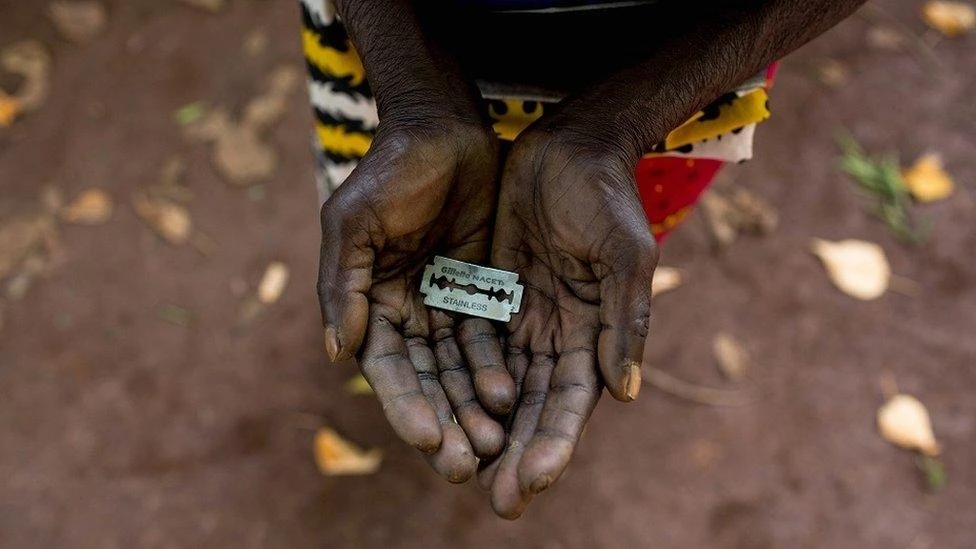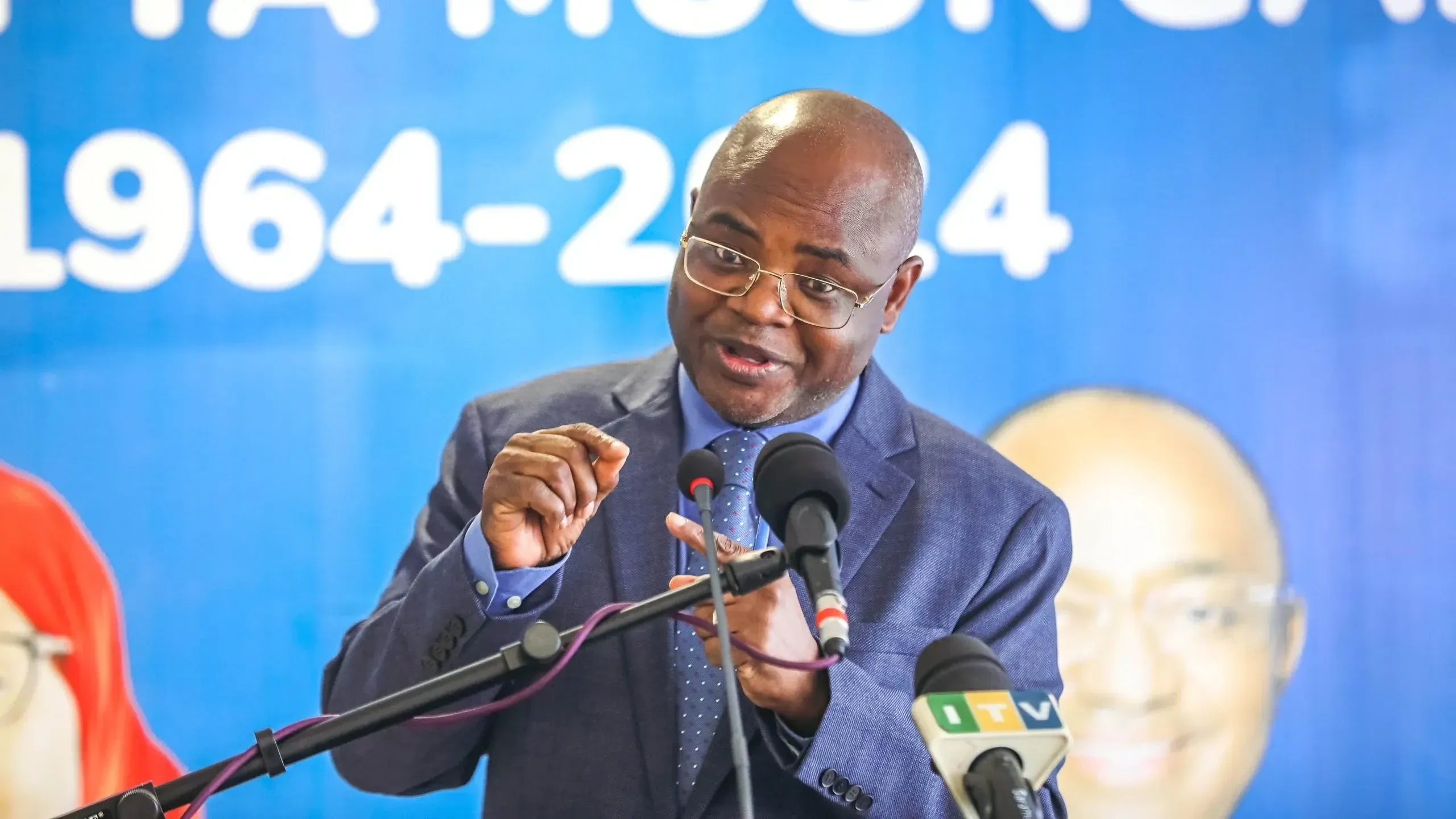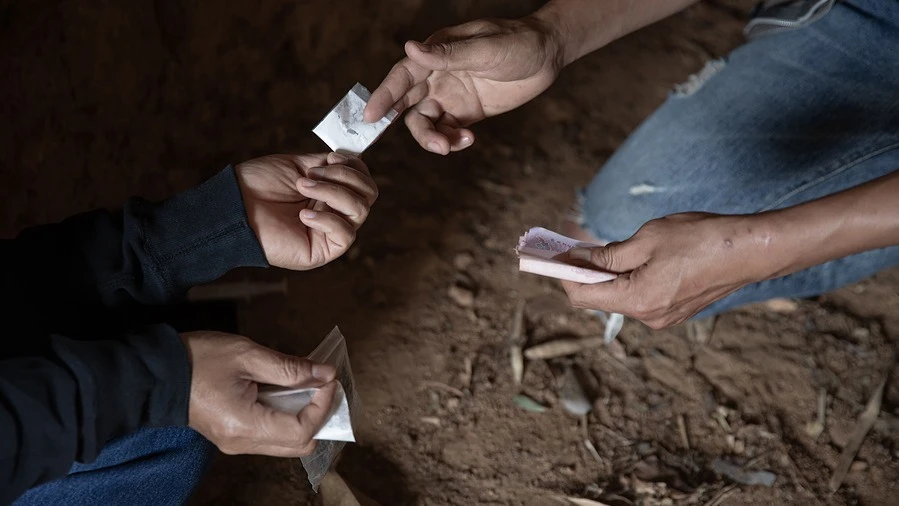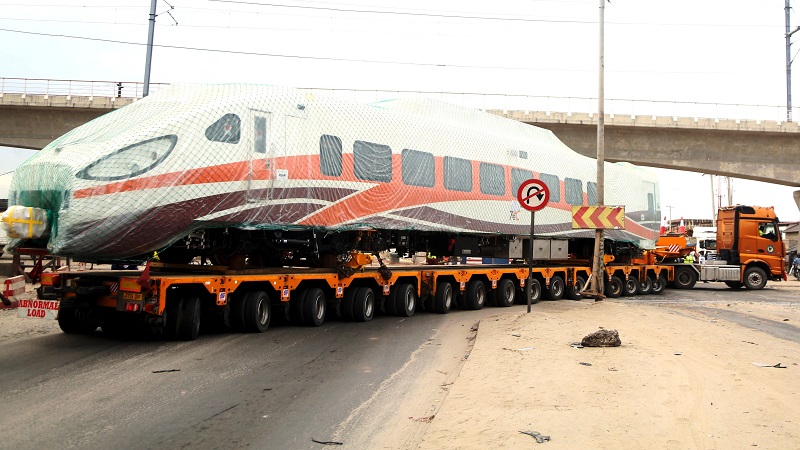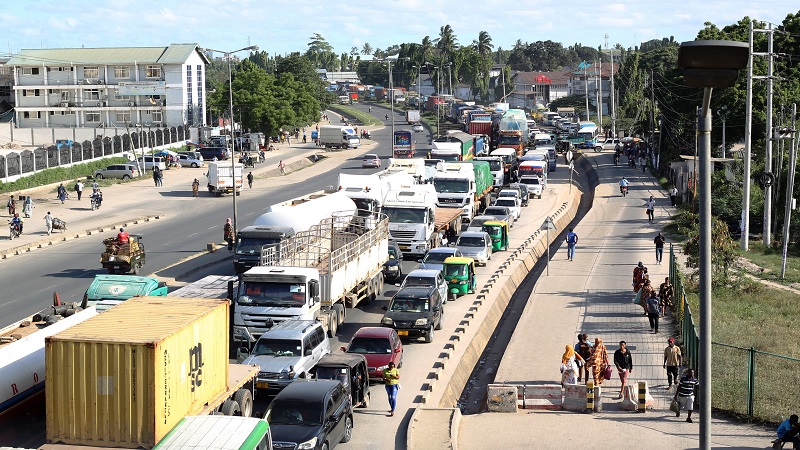Ethiopia hosts first-ever electric vehicle expo to advance green mobility
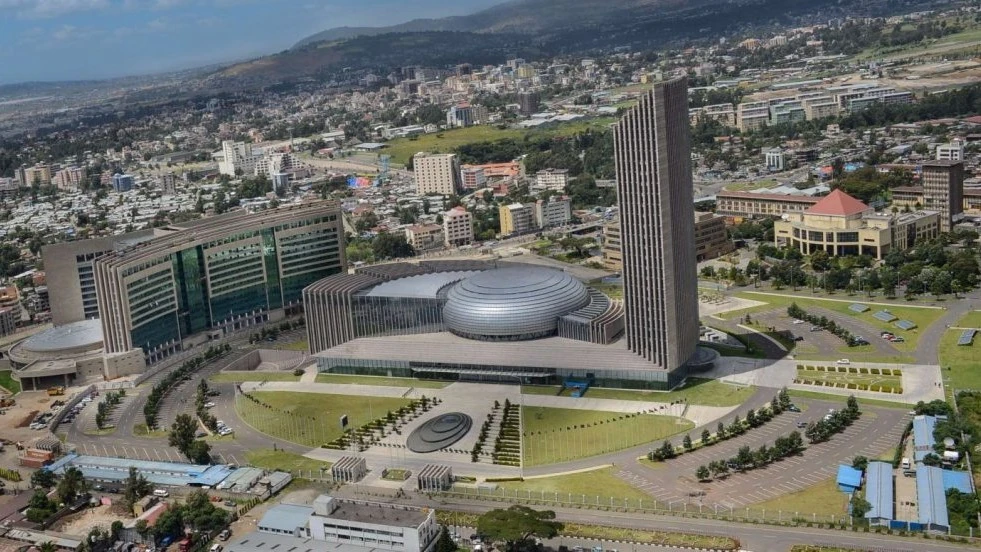
ETHIOPIA is hosting its first-ever green mobility exhibition as part of its commitment to reducing carbon emissions and promoting green transport solutions.
Held from Nov. 22 to Saturday at Huajian International Light Industry Special Economic Zone in Addis Ababa, Ethiopia's capital, the Ethio-Green Mobility 2024 exhibition showcases the latest innovations and technologies in green mobility, including cutting-edge electric vehicles (EVs) and renewable energy technologies.
Addressing the event, Ethiopian Minister of Transport and Logistics Alemu Sime highlighted the expo as part of the government's commitment to advancing sustainable mobility and building a climate-resilient green economy.
Sime noted that Ethiopia is working hard to reduce dependence on nonrenewable energy in the transport sector by utilizing its abundant renewable energy resources.
The exhibition, drawing a bevy of Chinese exhibitors, serves as a platform to create networks and facilitate market linkage among firms and clients engaged in green mobility.
Li Xuan, Ethiopian representative of Chinese EV brand Neta Auto, observed an increasing demand for EVs in Ethiopia after the government's plan to cut importation of gas-powered cars.
"Many China-made EV brands are on sale in Ethiopia where the market for EVs booms after the government's plan to ban importation of gasoline vehicles," Li told Xinhua.
Belayneh Kindie Metal Engineering Complex, a local company engaged in the assembling of electric minibuses and coaches, also has its products displayed at the exhibition.
With Semi-Knocked-Down and Completely-Knocked-Down components imported from the Chinese Golden Dragon Company, the engineering company assembles and supplies EVs to the local market in Ethiopia.
Ermiyas Dersu, quality control manager of the company, told Xinhua that the demand for EVs is promising in Ethiopia, as the company has sold 216 minibuses in less than a year.
"As part of its commitment to promoting electric mobility, the government of Ethiopia has allowed importation of EVs with tax preference while facilitating loans to importers," Dersu said, adding that the market for EVs continues to expand thanks to increasing availability of spare parts and improving charging facilities.
Apart from four-wheelers, electric bicycles and tricycles have also caught the attention of many visitors to the exhibition.
Woda Vehicle Manufacturing PLC is a local company specializing in the research and manufacture of light EVs. Their electric tricycle can travel between 80 and 100 km when fully charged, with only about one twenty-fifth of the cost per km on average when compared with a conventional three-wheeler, according to the company.
"This electric tricycle is getting more and more popular in Ethiopia, especially in rural areas and small towns. We have sold more than 500 units in one year across the country," said Michael Mulugeta, the company's marketing officer.
Currently, more than 100,000 EVs are on the road across Ethiopia, while authorities seek to have up to 500,000 EVs in the coming 10 years, replacing 95 percent of cars powered by fuel.
The government is working to expand EV production and public charging stations and will offer support such as free or leased land for investors in EV after-sales service, according to the Ministry of Transport and Logistics.
Early this year, the government of Ethiopia announced a ban on imports of gasoline or diesel vehicles to fast-track the transition to electric mobility in the face of a global fuel price hike.
"Ethiopia is going ahead to harness its renewable energy resources. This is a good start. I witnessed the EVs, with fair prices, winning the hearts of buyers," said Yonas Leaketsion, a visitor at the exhibition,
Top Headlines
© 2025 IPPMEDIA.COM. ALL RIGHTS RESERVED













